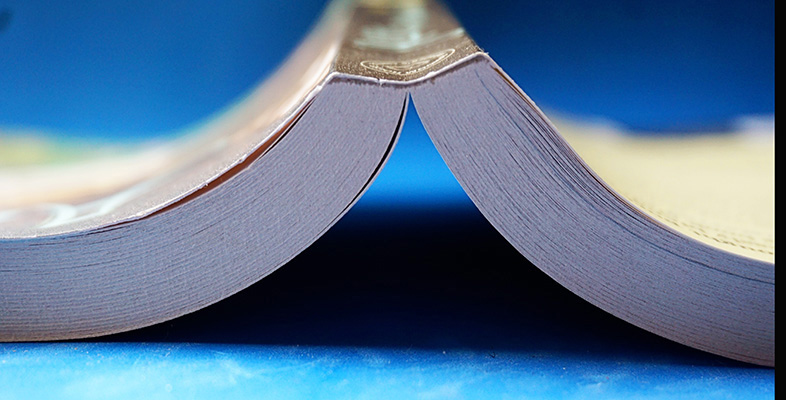2.3.1 Politics
MacLean was a socialist from the age of twelve, and a Marxist by the late 1930s, when he believed that the Soviet Union and the Red Army were the only agents that could defeat Fascism. However, he never joined the Communist Party, and by 1944 events in Poland had thoroughly disillusioned him about Stalin and the Soviet Union. One reason why he could never commit himself fully to Communism seems quite clear: he retained from his Calvinist heritage a deep pessimism about human nature and human action which recoiled from glib prophecies of a coming socialist paradise.
Please now look again at ‘The Turmoil’, linked below. You will see that it begins by reconsidering (but not dismissing) ‘Christ's suffering’, moves on to dismiss the ‘vapid dream’ of the Celtic Arcadia – ‘land of story’ – and finally presents a contest between the beauty of a fair-haired woman (an Irish friend, who never realised that the shy MacLean loved her, and married someone else) and the claims of politics. Politics involve pain – the plight of the poor is like ‘a bitter wound’ – ‘anger’, another strong feeling, and ‘intellect’, identified with Lenin. The last word, ‘anger’, seems to be directed against the ‘cloud’ cast by beauty as well as the ‘poverty’ suffered under capitalism.
Click to view the poem ‘The Turmoil [Tip: hold Ctrl and click a link to open it in a new tab. (Hide tip)] ’
Now please read ‘The Cry of Europe’, linked below. I think it will seem as obvious to you as it does to me that the answer to the poem's sequence of five rhetorical questions cannot be ‘love transcends politics’. The poem's fourth line exemplifies a trait of MacLean's voice which in English appears as wry understatement, undercutting his heady, passionate rhetoric: we will encounter this again.
Click to view the poem ‘The Cry of Europe’
The final image of the Slave Ship refers to the horrific event in MacLean's local Gaelic tradition, when in 1739, certain clan chiefs on Skye sold their own people by the shipload into indentured servitude in the New World. Rejection of the British Empire, for MacLean, is the logical outcome of the treatment of his own people by ‘Britons’, even by those of their own race.
